Category: Uncategorized
-

Music Students Perform at Local United Praise Night
Olivet University students joined local Anza Christian churches for a heartfelt evening of worship at the United Praise Night, held at the Anza Community Hall. The event showcased worship teams from Living Hope Christian Fellowship, Anza Valley Christian Fellowship, Anza Valley Gospel, and Olivet University, each leading the audience in a series of inspiring praise…
-
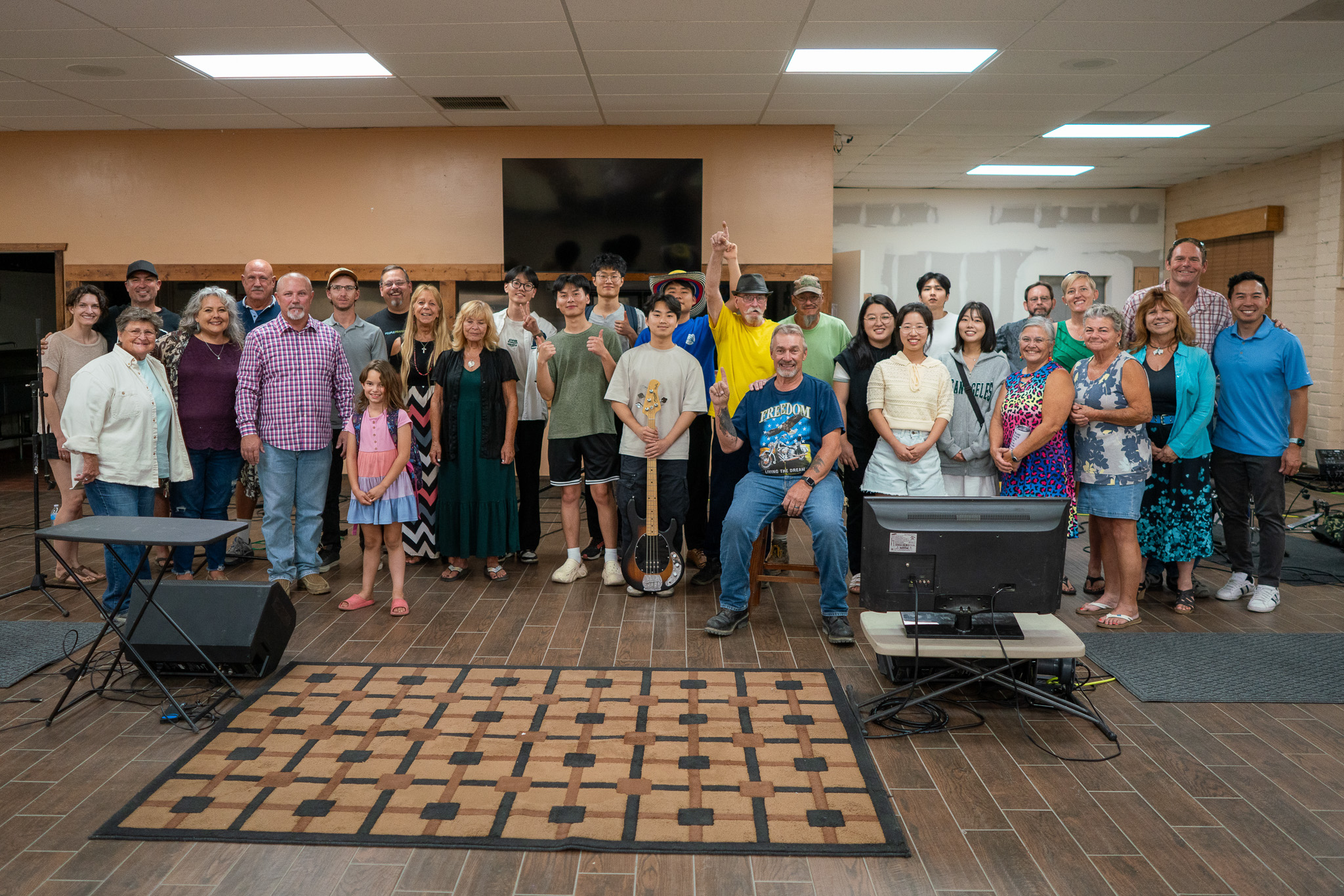
Music Students and Local Churches Perform at the Anza Praise Night
In a spirit-filled gathering, Olivet University (OU) students were warmly welcomed as they performed at the local Praise Night in Anza. Organized by Pastor Kevin Watson from Living Hope Christian Fellowship, the quarterly event brought together congregations from all local churches for an evening of praise, prayer, and community support. Nine Olivet students were invited…
-
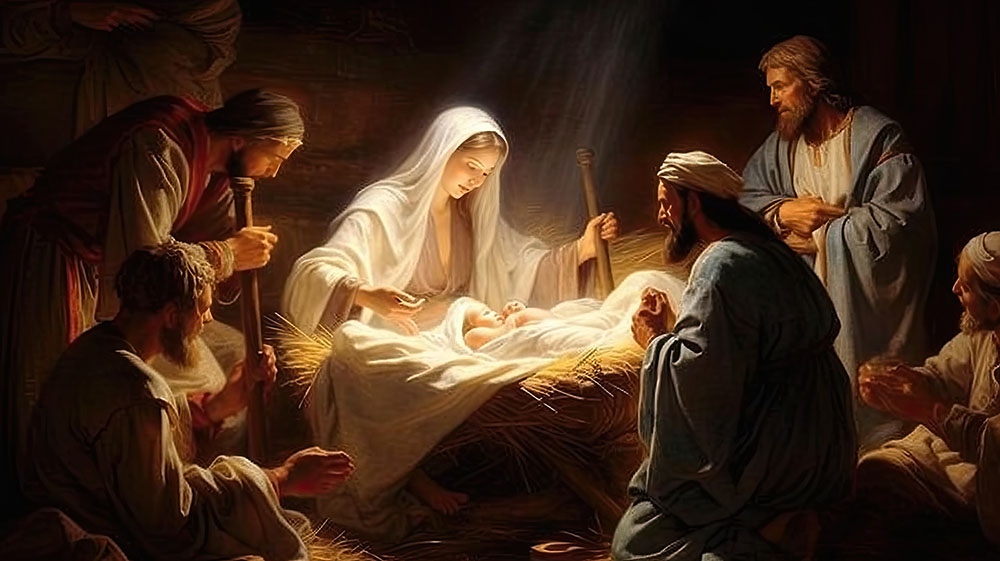
“Joy” and “Hark”: Christmas Carol Theology
By Jubilee College of Music Dean Dr. Merril Smoak “Joy to the World! the Lord Is Come” and “Hark! the Herald Angels Sing” are two of our favorite Christmas carols that we sing every December as we remember and celebrate the miraculous human birth of Jesus. The words found in both of these Christmas carols…
-

Jubilee College of Music Dean’s Message: God’s Grace Is Amazing!
God’s Grace Is Amazing!Dr. Merril SmoakJanuary 1, 2023 is remembered as the 250th anniversary of the first singing of John Newton’s well-known hymn “Amazing grace! how sweet the sound.” The Museum of the Bible in Washington, DC records that: [1]It was January 1, 1773. John Newton led his congregation down the road from the parish…
-

Dancing Before the Lord with Wild Abandonment
Contributed by A. Merril Smoak, Jr., Dean of Jubilee College of Music, Olivet University If you Google the adjective “abandoned” you will find two definitions: having been deserted or cast off – “an abandoned car” unrestrained; uninhibited – “a wild, abandoned dance” This article will reflect on the second definition as it relates to the…
-
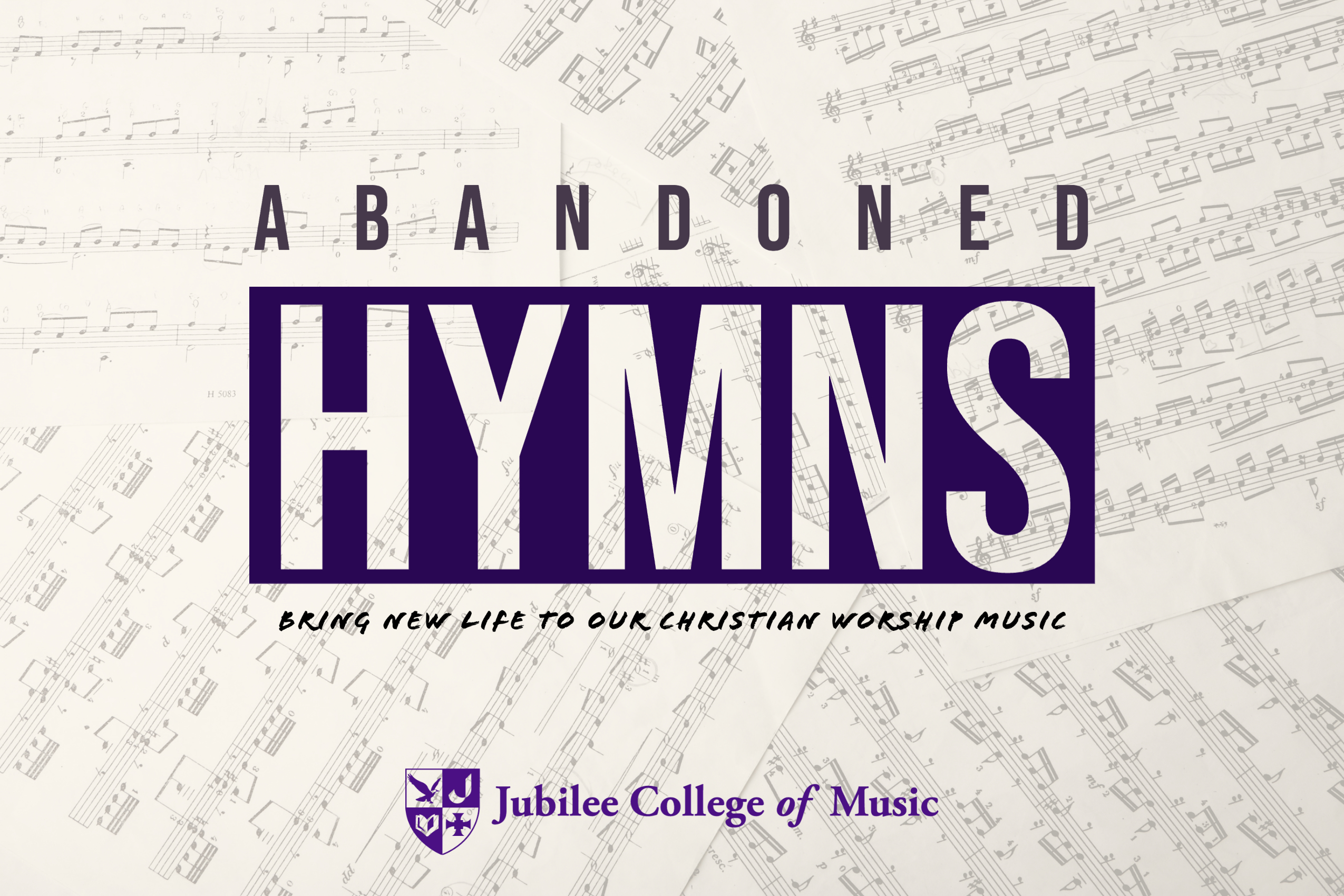
Abandoned Hymns Bring New Life to Our Christian Worship Music
Contributed by A. Merril Smoak, Jr., Dean of Jubilee College of Music, Olivet University If you Google the adjective “abandoned” you will find two definitions: having been deserted or cast off – “an abandoned car” unrestrained; uninhibited – “a wild, abandoned dance” This article will examine the first definition of “abandoned” as it relates to…
-
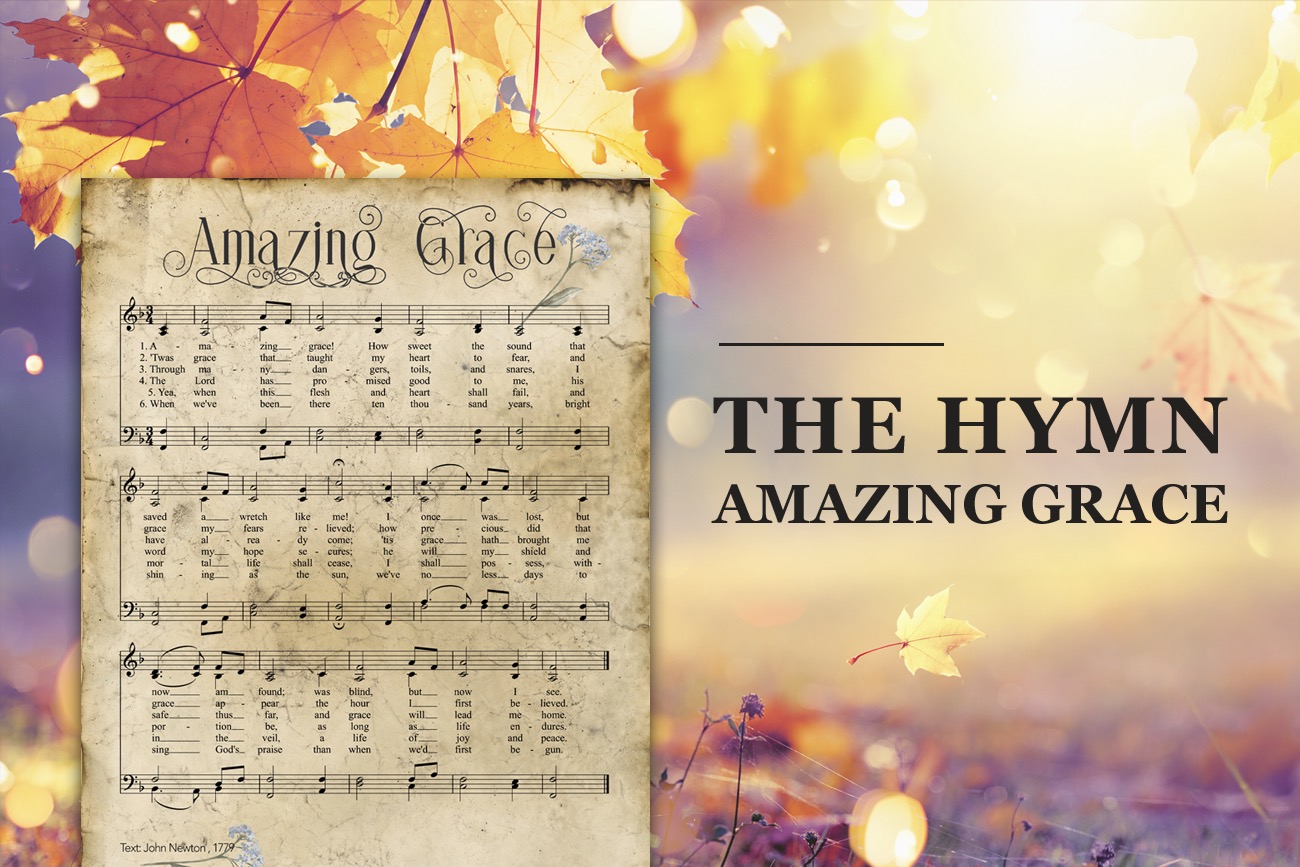
The Hymn Amazing Grace: New Testament Language Based Upon Old Testament Scripture
Contributed by Dr. A. Merril Smoak, Jr., Dean, Jubilee College of Music In his hymn Amazing grace! how sweet the sound John Newton used several New Testament sounding words and phrases to describe his Christian salvation experience: Amazing grace! how sweet the sound [stanza one] That saved a wretch…
-
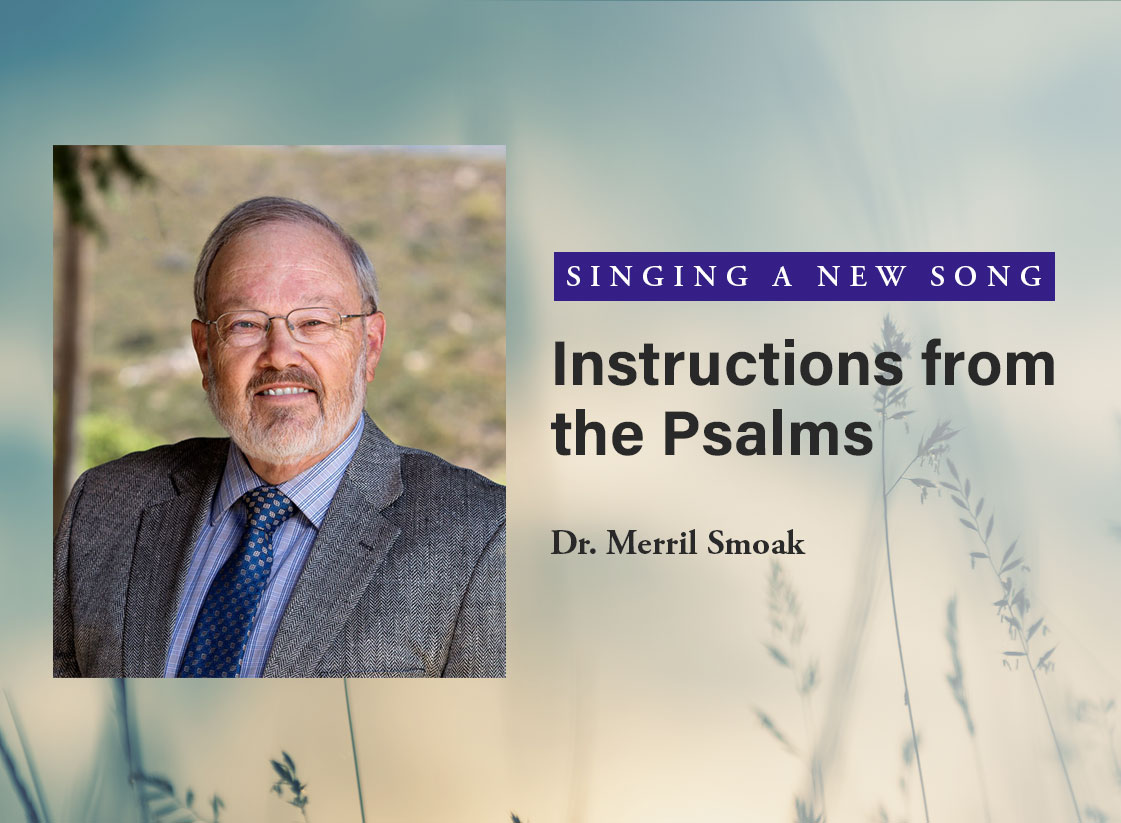
Singing a New Song: Instructions from the Psalms
Several times in the Psalms we find the admonition to “sing a new song.” As worship leaders and church musicians this should immediately get our attention. We are always looking for a new song to learn and then teach to our congregations. Let’s examine these references to “singing a new song” found in the songbook…
-
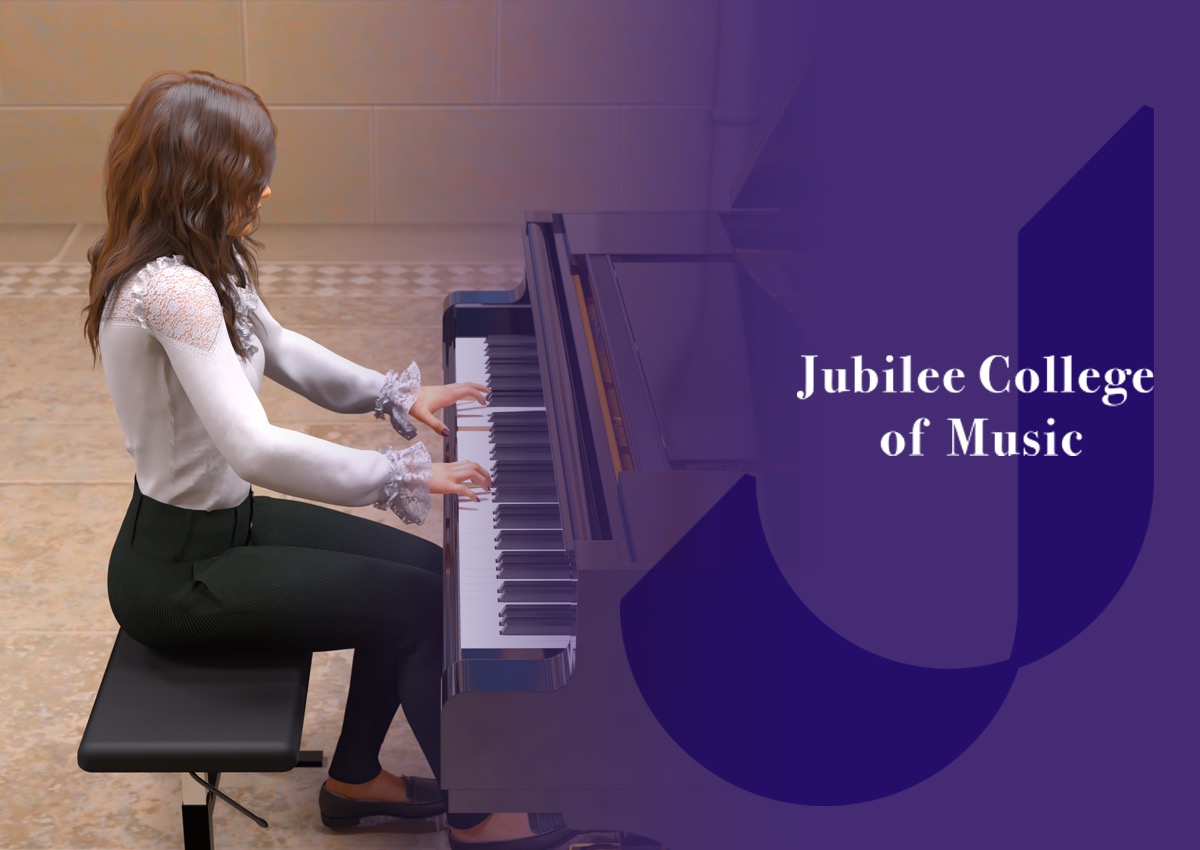
Jubilee College of Music San Francisco Held Quarterly Recital
Jubilee College of Music San Francisco held its quarterly recital just before Christmas break. Thirteen students and their instructor Alice Kubo performed piano music by Beethoven, Chopin, Tchaikovsky, and other famous composers. Notable pieces included Alleluia by W.A. Mozart; Finale by Johannes Brahms; Autumn by Antonio Vivaldi; Harmony of the Angels Op.100, No 21; Polka…
-

Always Singing – A Note from Dr. Merril Smoak about Music & Worship
Christians Musicians Are Always Giving Thanks Christian musicians are always looking for scripture verses that mention music and singing. These verses guide us in our song selection and deepen our understanding of how to lead others in worship. In the New Testament, we find two examples of these selected Bible verses: Ephesians 5:15-20 and Colossians…